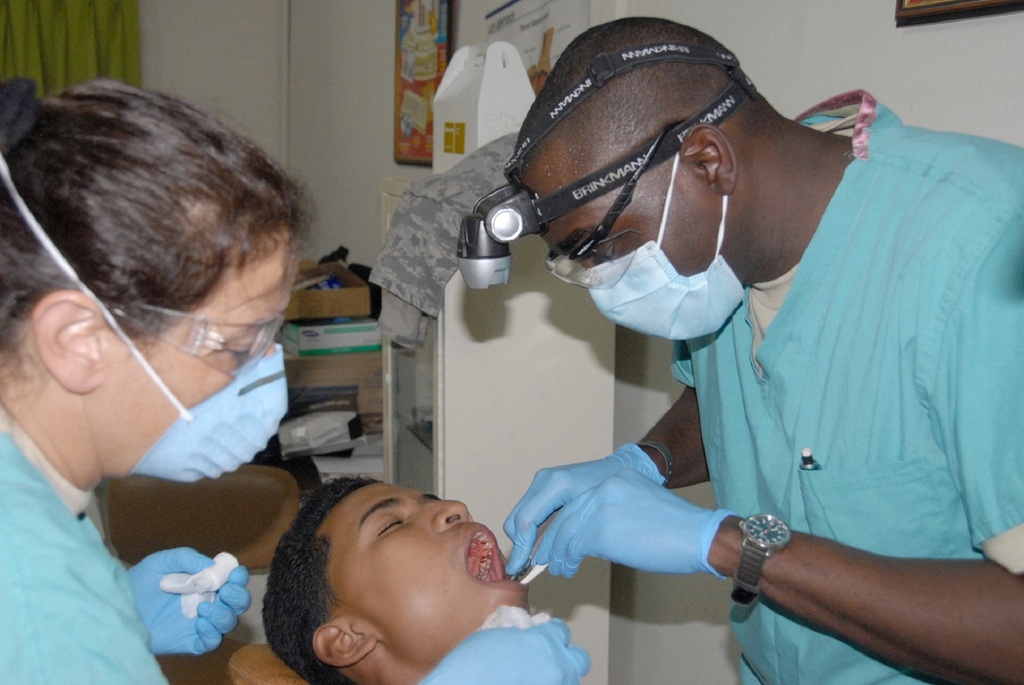The temporomandibular joint (TMJ) is a joint in the skull that connects the lower jawbone to the skull. It allows for movement of the jawbone, such as opening and closing the mouth. The TMJ can be affected by many things, such as arthritis, overuse, or injury.
So what are the symptoms of TMJ? Read more as we’re going to talk about this disorder and other related information in today’s post.
Brief History
Temporomandibular joint (TMJ) was first discovered in the 1950s by certain dental professionals of that period. It was not until later that more health professionals have focused on this disorder and developed expertise, diagnosis, and treatments.
Common Causes Of TMJ
There are many common causes of TMJ, some of which include: teeth grinding, gum disease, arthritis, and injury. Teeth grinding is one of the most common causes of TMJ, and can be caused by stress, poor alignment of the teeth, or a misaligned jaw. Gum disease is also a common cause of TMJ, as it can cause inflammation and pain in the jaw joint. Arthritis is another common cause of TMJ, as it can cause stiffness and pain in the joint. Injury to the jaw can also lead to TMJ, such as a fracture or dislocation.
Symptoms of TMJ
The most common symptoms associated with the TMJ are jaw pain, headaches, and pain in the neck, face, and ears. Other symptoms may include a clicking or popping sound when opening or closing the mouth, limited movement of the jaw, and difficulties eating or speaking. In more severe cases, patients may experience a locking of the jaw, where it is difficult to open or close it.
Diagnosis and Treatment of TMJ

If you are experiencing any of these symptoms, you should see a doctor to determine if they are related to your TMJ. Your doctor will likely perform a physical exam and order imaging tests such as X-rays or CT scans to look for signs of damage to the joint. The type of treatment to take usually depends on the diagnosis.
There are a variety of treatments available for those suffering from TMJ. Some common treatments include: medications, physical therapy, and surgery.
To be specific, some of the more common ones include:
Ibuprofen – This is a medication that is typically used to treat pain and inflammation.
Aspirin – This is another medication that is used to treat pain and inflammation. It can also be used to help thin the blood.
Muscle Relaxers – These medications can help to relieve muscle tension and stiffness.
Antidepressants – antidepressants can be prescribed for TMJ if it is believed that there is a connection between the disorder and anxiety or depression.
Aside from that, physical therapy is one of the most common treatments for TMJ. It can help to relieve pain and stiffness in the jaw, as well as improve range of motion. There are a number of different physical therapy techniques that can be used, including:
Stretching Exercises – These exercises can help to improve flexibility in the jaw muscles.
Massage – Massaging the jaw muscles can help to relieve tension and stiffness.
Heat/Cold Therapy – Applying heat or cold to the jaw can help to reduce inflammation and pain.
Exercises To Strengthen The Jaw Muscles – Exercises can help to improve muscle tone and strength, which can help to reduce pain and stiffness.
Ultrasound – Ultrasound therapy can help to reduce pain and inflammation, as well as improve range of motion.
Biofeedback – Biofeedback helps you to become aware of how you use your jaw muscles and learn how to relax them.
Also, one common surgery done to treat TMJ is called a joint replacement. This surgery replaces the worn out joint in the jaw with an artificial implant. Other surgeries that may be used to treat TMJ include arthroscopy, which is a minimally invasive procedure that uses a tiny camera to look inside the joint, and osteotomy, which is a surgery that alters the bones in the jaw to improve the alignment of the joint.
Each person’s treatment plan will be different based on their individual needs. If you are experiencing symptoms of TMJ, we recommend you to visit Vista Family Dentistry’s clinic in Waukesha, WI to discuss the best treatment plan for you.
Self-Care Tips for TMJ
In addition to seeking treatment from a doctor, there are several self-care tips that can help to relieve TMJ symptoms and prevent further damage. These include avoiding activities that require repetitive jaw motions such as gum chewing, avoiding extreme jaw movements such as wide yawning, using heat or cold therapy to reduce inflammation, performing regular relaxation exercises such as yoga or meditation, and eating a balanced diet.


